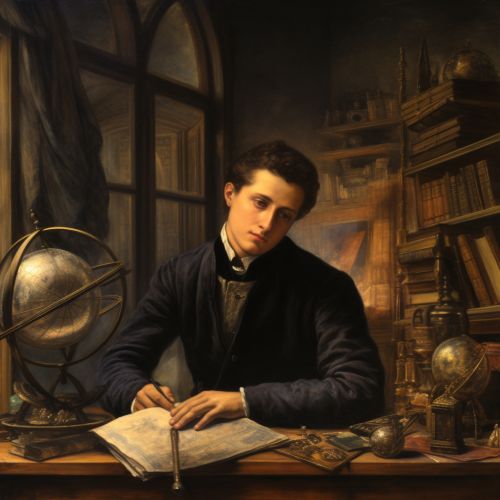Sadi Carnot
Early Life and Education
Sadi Carnot was born on June 1, 1796, in Paris, France. He was the eldest son of Lazare Carnot, a prominent French Revolutionary and military engineer, and Sophie Françoise Dupont. Sadi Carnot's early education was provided by his mother, who instilled in him a love for science and mathematics. He later attended the prestigious École Polytechnique, where he studied physics and engineering.


Career and Contributions to Thermodynamics
After his graduation in 1814, Carnot joined the French army as an engineer. However, his true passion lay in the field of science, particularly in the study of heat and energy. He began to explore these topics in his spare time, and his research eventually led to the development of the Carnot cycle, a theoretical construct that is considered the most efficient possible engine cycle.
In 1824, Carnot published his seminal work, "Reflections on the Motive Power of Fire," which laid the groundwork for the second law of thermodynamics. In this work, he introduced the concept of the Carnot heat engine, a hypothetical engine that operates on the Carnot cycle. He also introduced the idea of reversibility in thermodynamics, which is a fundamental concept in the field.
Carnot's work was not widely recognized during his lifetime, but it was later rediscovered and expanded upon by physicists such as Rudolf Clausius and Lord Kelvin. Today, Carnot's principles form the basis of the second law of thermodynamics and have wide-ranging applications in fields such as physics, engineering, and chemistry.
Death and Legacy
Carnot died of cholera on August 24, 1832, at the age of 36. His work was largely forgotten until it was rediscovered in the 1850s. Today, Carnot is recognized as one of the founders of the field of thermodynamics, and his work continues to influence the study of heat and energy.
